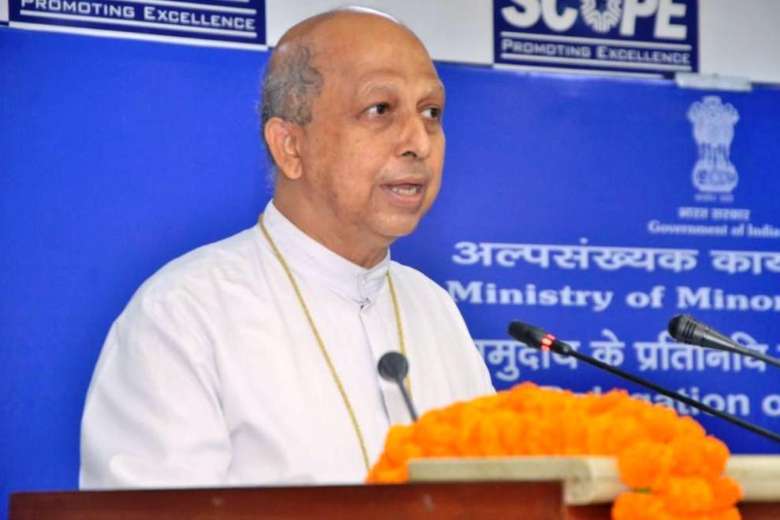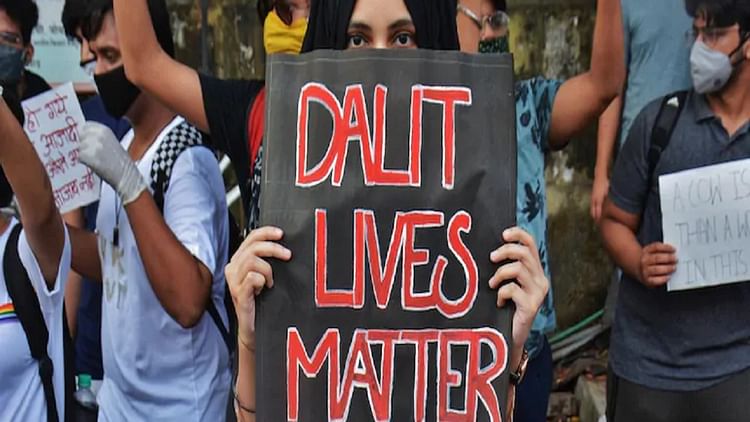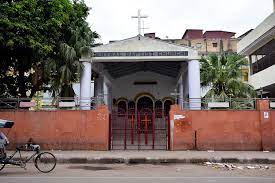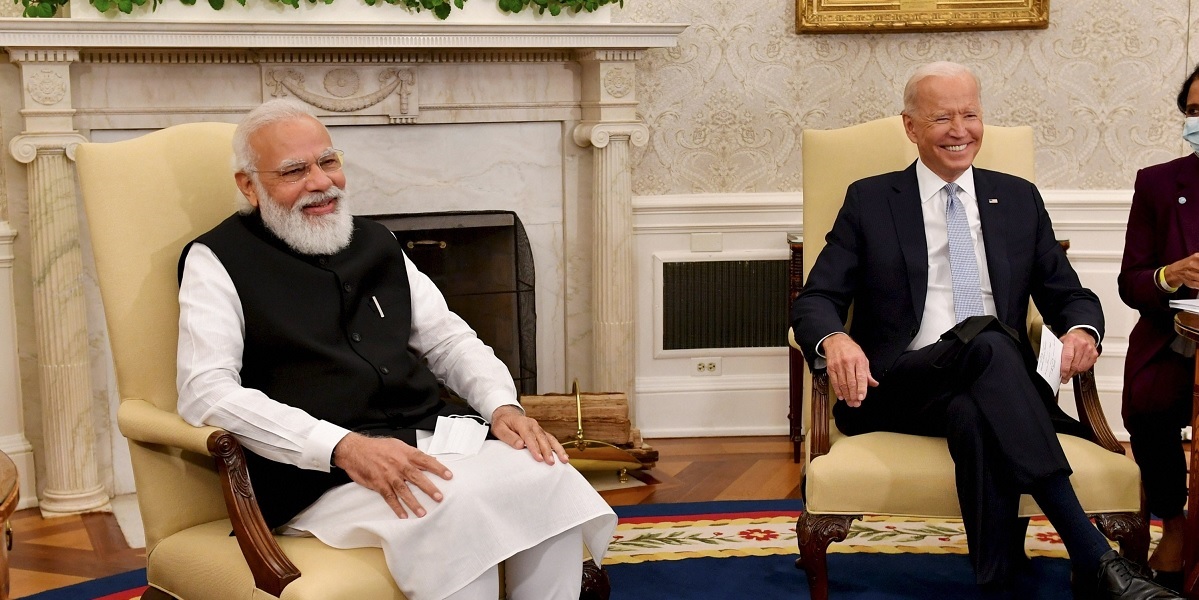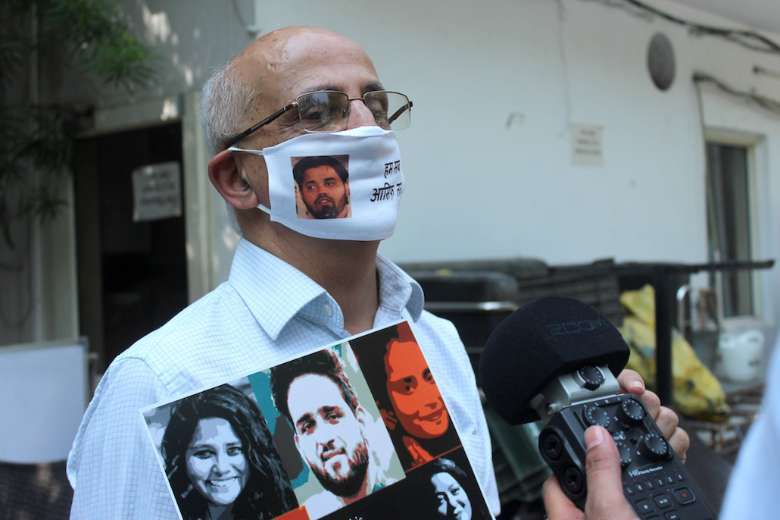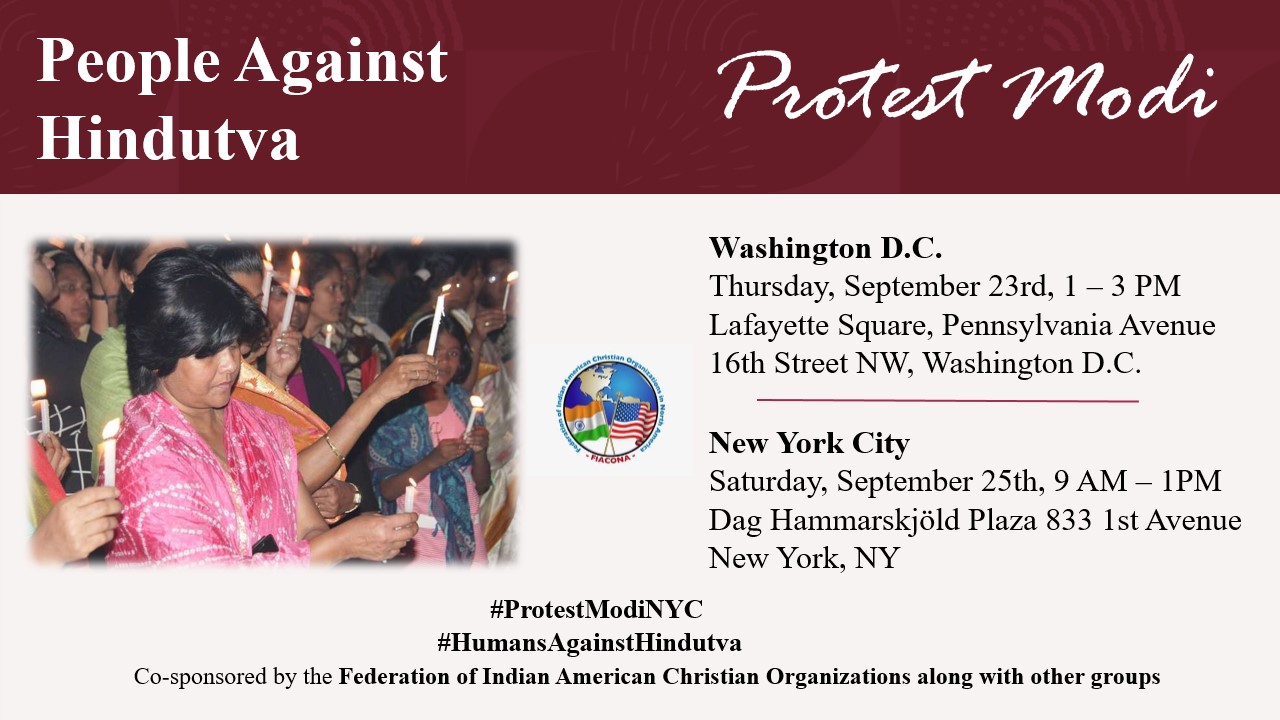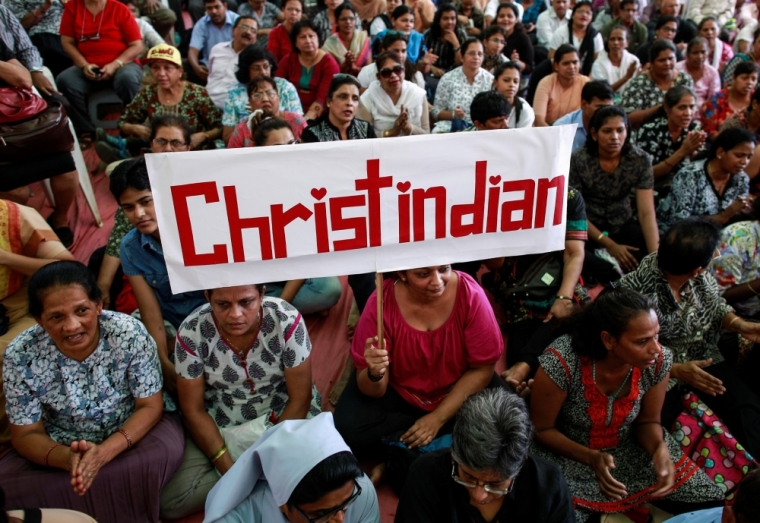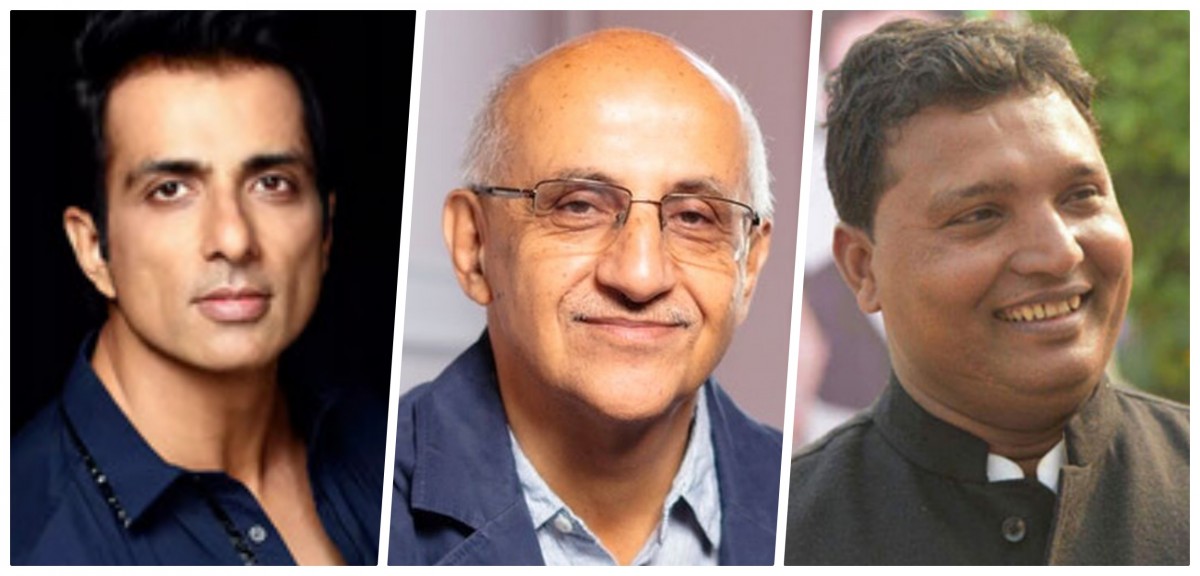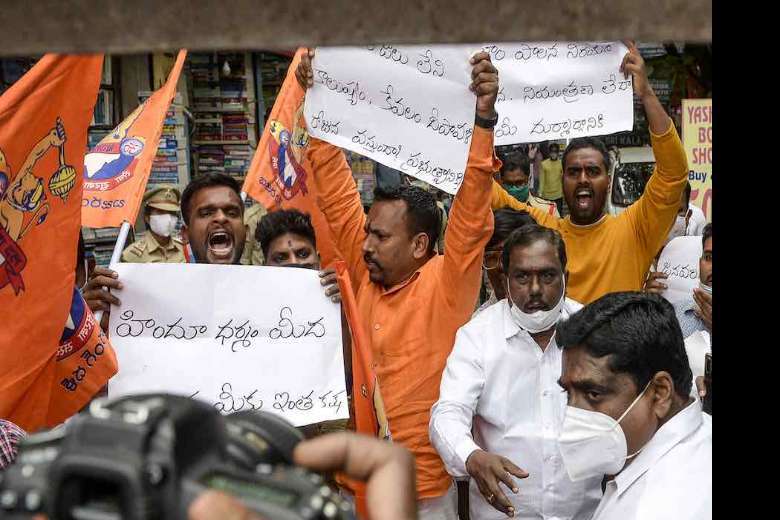Indian Christians seek repeal of anti-conversion laws
PREVENTING SOMEONE FROM FOLLOWING A RELIGION OF CHOICE CURTAILS THE FREEDOM GUARANTEED IN THE INDIAN CONSTITUTION Christians in India have sought the federal government’s intervention to ensure the repeal of anti-conversion laws enacted by some provincial governments making religious conversion by force or allurement a punishable offense Preventing someone from embracing or practicing a religion of choice curtailed the freedom of conscience and religious beliefs guaranteed in the Indian constitution, they said at a special meeting with Mukhtar Abbas Naqvi, the federal minister for minority affairs, and John Barla, the junior minister, in New Delhi on Sept. 28. Another key issue they sought to highlight was the new legal restrictions being imposed on receiving foreign donations for charitable works meant for the benefit of India’s poor and deprived masses. Naqvi highlighted India’s age-old tradition of celebrating all religions and underlined the need to strengthen the shared cultural heritage and legacy of coexistence. “Any attempt to disturb this fabric of unity and harmony will hurt the soul of India,” he said. The 50 Christian leaders belonging to various denominations submitted a memorandum listing all issues plaguing the minority community. It was read out by Archbishop Anil Joseph Thomas Couto of Delhi during the three-and-a-half-hour meeting. “It was
Dalit Christian Boy Who Allegedly Had Acid Thrown on Him Dies in Hospital in the Indian state of Bihar
New Delhi: A 14-year-old Dalit Christian boy, who allegedly had acid thrown upon him in Bihar’s Gaya district in August, succumbed to his injuries on September 26, the Telegraph reported. While police claim that the boy, Nitish Kumar, died by self-immolation due to a familial dispute, the victim’s family allege that he had acid thrown upon him by a group of men on a motorcycle, on account of the family’s faith. Vakil Ravidas, the boy’s father, is a rickshaw puller who converted to Christianity five years ago. Speaking to the Telegraph, members of the family said that they were threatened by locals – including some who appeared to be “Hindutva activists” – and warned against going to church. The police had refused to register a case against these men. The family had refused to speak to the press after the alleged incident had taken place on August 11 and only submitted their account to the newspaper after his death on Sunday. The station house officer (SHO) of Makhar said that the police conducted enquiries and found that the boy had set himself on fire after one of his brothers forcibly cut his hair. The victim’s eldest brother, Rajeev Kumar disputed this, reiterating that some
Indian pastor, 4 others arrested on false charges of forced conversions In INdian state of Uttar Pradesh
Police in northern India’s Uttar Pradesh state arrested a pastor and four other Christians under the “anti-conversion” law while they were holding a prayer meeting after members of a radical Hindu nationalist group disrupted the gathering and filed a false complaint. Pastor Richard Benjamin and four believers, who attended the prayer meeting in a Christian's home in Faizabad district’s Jharuva village, spent five days in jail before being released on bail on Sept. 14, the U.S.-based persecution watchdog International Christian Concern reported Sunday. “This is the third time I was put into jail in the last 10 years,” the pastor was quoted as saying. “The five days I spent in jail were difficult as we couldn’t get enough food and the jailer gave us a lot of work. I fainted a couple of times due to the lack of food.” During the prayer meeting on Sept. 10, five activists from the radical Hindu nationalist group Bajrang Dal forced themselves into the house, claiming the Christians were “forcibly” converting people. They filed a police complaint leading to the arrest of the five. Police officers initially wanted to release Pastor Benjamin and the four others, but local politicians pressured them to book the Christians under the
Biden to Modi: Gandhi’s Message of Tolerance, Respect, Diversity Needed More than Ever
One day earlier, US Vice President Kamala Harris told the PM that as democracies around the world are under threat “it is imperative that we defend democratic principles and institutions within our respective countries". New Delhi: In his first meeting with Prime Minister Narendra Modi, US President Joe Biden spoke about the need for non-violence, tolerance and diversity in current times, even as he said that both countries are destined to be “stronger, closer and tighter”. Biden’s comment marks the second time the US has spoken to Modi in public about the importance of democracy in as many days. Vice President Kamala Harris on Thursday said “it is imperative that we defend democratic principles and institutions within our respective countries”. These remarks come against the backdrop of growing concerns abroad over the rise in anti-Muslim rhetoric in India and curbs on dissent. “Kamala Harris presses India’s Modi gently on human rights in historic meeting,” the Los Angeles Times reported in its headline. Modi was welcomed by Biden to the Oval Office in the White House on Friday morning for their first face-to-face meeting since the change in US leadership. Modi had met Biden in the latter’s vice-presidential avatar during his state visit to
Christians face ostracism in India’s Jharkhand state
Three families who become Christian a year ago are being pressurized to return to the tribal belief system Christian families in the eastern Indian state of Jharkhand have been ostracized by their village for embracing Christianity. The three families from Mangapat Sirsai village in West Singhbhum district, who became Christian a year ago, are being pressurized to return to the tribal Sarna belief system centered on the worship of nature. The gram sabha or village council on Sept. 17 decided that the converted families will not be allowed to use common properties for free movement or grazing cattle. They will also not be invited to any social gatherings in the village and nobody will interact with them. Gabbar Singh Hembrom, district president of the Adivasi Ho Samaj Yuva Mahasabha, a youth organization of local tribal people, warned the villagers to abide by the decision or end up paying a fine. A meeting will be held every Sunday to check if the decision to ostracize the Christian families was being followed strictly by everyone. Hembrom said: “The entire village follows the Sarna religion except for Raut Bankira, Rajendra Bankira and Hiralal Bankira, who converted to Christianity along with their families a year ago. We are ready to
India urged to halt harassment of rights activist
Global civil society alliance slams raid on facilities associated with government critic Harsh Mander CIVICUS, the global civil society alliance, has condemned a recent raid carried out on facilities associated with human rights defender Harsh Mander, director of the Centre for Equity Studies, and called on the Indian government to stop intimidating rights activists. On Sept. 16, the Enforcement Directorate under the Ministry of Finance conducted the raid on Mander’s residence, the Centre for Equity Studies’ office and a children’s home run by the organization under the pretext of investigating money-laundering allegations against him. The raid was carried out several hours after he departed for Germany to attend a fellowship program. Mander has been critical of the Narendra Modi government. He has raised concerns about how the government handled the pandemic, the increasing attacks on press freedom and the discriminatory citizenship law passed in 2019 which human rights groups have called “unconstitutional and divisive.” Following the raid, more than 500 activists in India issued a joint statement in solidarity with Mander and condemned the intimidation tactics. “The authorities must halt their harassment of human rights activist Harsh Mander. These actions conducted by the Enforcement Directorate are a clear tactic to intimidate and criminalize the defender.
Several organizations based in the US are rallying to highlight the failures of the Modi government
September 21, 2021, Washington DC. Scores of Christian, Hindu, Muslim, Dalit, and Sikh organizations based in the US are planning a protest rally in Washington DC in front of the White House and in New York at the United Nations to highlight the failures of the Modi government and its extremist policies.
Pastor Arrested on False Charges of Forced Conversion again in India.
FIACONA News Service (FNS): September 20, 2021, New Delhi, India. Christian persecution has reached alarming levels across India. From being falsely accused of forcefully converting people, to beating and murdering innocent pastors. Extremist groups have launched statewide protests against innocent evangelists and pastors demanding harsh punishment for religious conversion. Pastor Ashish, a native missionary, has been working among the people of a remote village in the state of Uttar Pradesh, North India. It is not the first time he has faced such animosities for his ministry. On 12th September 2021, Ashish was arrested from his home by police on charges of alluring people with money and converting them to Christianity. The Hindu nationalist groups supporting Prime Minister Modi registered a complaint at the police station that Ashish lures people by offering them money for changing their religion in Simariya village. Pastor Ashish categorically said, “I have never offered money to people for changing their faith. People come to me from all communities to find an answer to their issues or seek my prayers. Sometimes they ask me to pray for their sick relatives, and I pray for them”. The Hindu nationalist leaders went to each member of the church asking how they started following
Speak Out, Get Raided: A Handbook for Living in ‘New India’
Read the story in The Wire: https://thewire.in/rights/speak-out-get-raided-a-handbook-for-living-in-new-india Harsh Mander is an activist for peace and communal harmony. The government, however, sees him as an annoying and possibly dangerous busybody who raises inconvenient questions and therefore must be harassed, if not quashed. As has happened frequently in recent times, his premises were ‘raided’ by the Enforcement Directorate under the Prevention of Money Laundering Act. Essentially, the allegation is that behind the fig leaf of social work, he siphons off donations and grants, especially from foreign donors. That there is no evidence of this is a different matter altogether. Nor is he alone — all kinds of people, from actor Sonu Sood, who worked tirelessly to help migrants trying desperately to get home during the first lockdown, to Youth Congress chief B.V. Srinivas, who had organized oxygen cylinders and medicines for desperate COVID-19 patients, have come under the investigative radar, and either been raided by the Income Tax Department or questioned by the police. The raids against Sood have gone on for three days. Allegations have been made that he evaded taxes amounting to Rs 20 crore and by taking funds from foreign sources, contravened several laws. Recently, Sood had signed
Christians decry profiling of faith leaders in central India
September 18, 2021 - Christians in Madhya Pradesh state, central India, are outraged after government agencies began profiling Christian religious leaders working among indigenous people. A revenue department official in the tribal-dominated Jhabua district summoned Christian leaders and asked them to provide personal information such as their appointment as a priest and the document related to their conversion. The official letter also asked them to certify if they were converted through allurement or force as the government wants to initiate legal proceedings against illegal conversions. A state law criminalizes religious conversion through allurement or force, making it an offense punishable with up to 10 years in prison. The letter issued on Sept. 13 has also directed them to present details regarding their work in person before the official on Sept. 22 at noon. “Our 16 pastors have received similar letters,” said Auxiliary Bishop Paul Muniya of Protestant Shalom Church in the district. Christian leaders say their people face increased hostilities from right-wing Hindu groups opposed to their work in the district in their work among tribal people. Earlier on Aug. 26, the additional superintendent of police, in a letter to police stations under him directed to assist activists from Vishwa Hindu Parishad (VHP), a right-wing Hindu outfit





